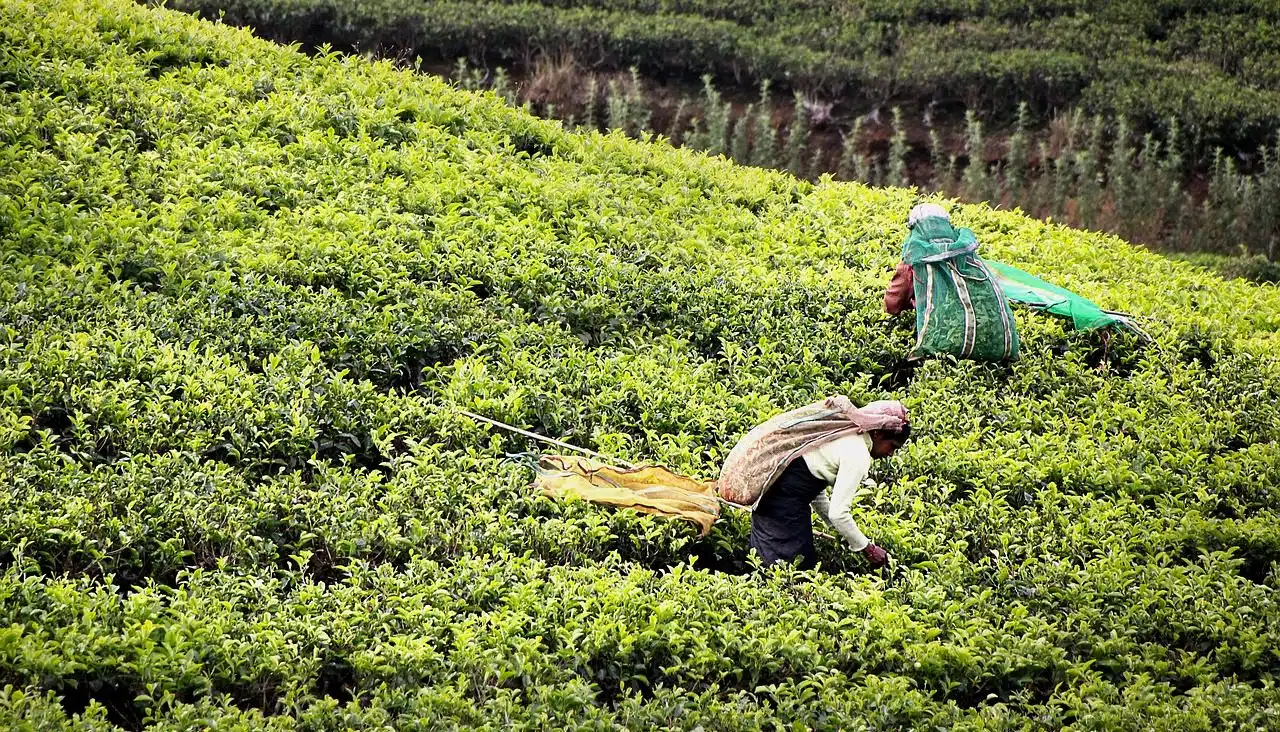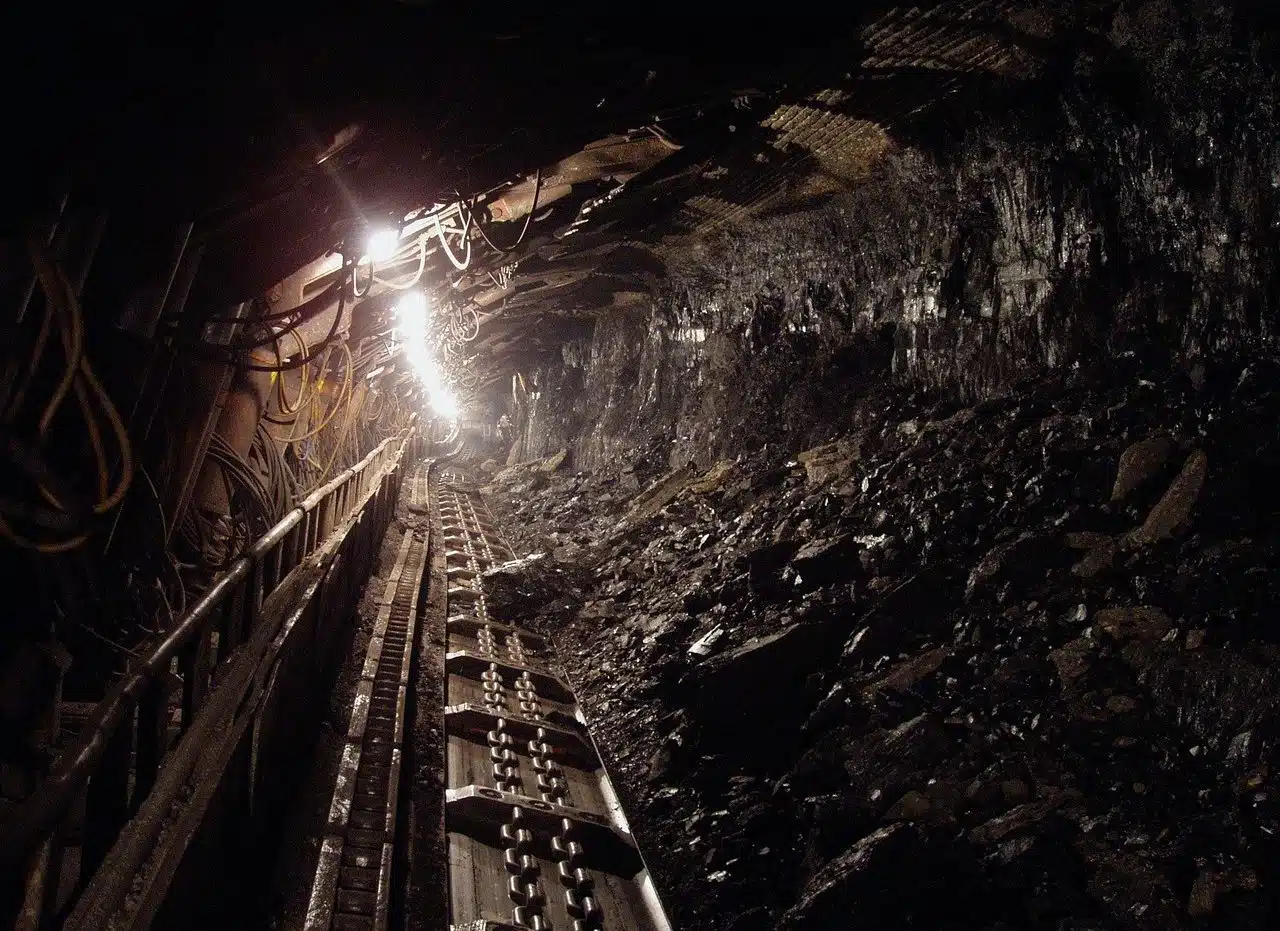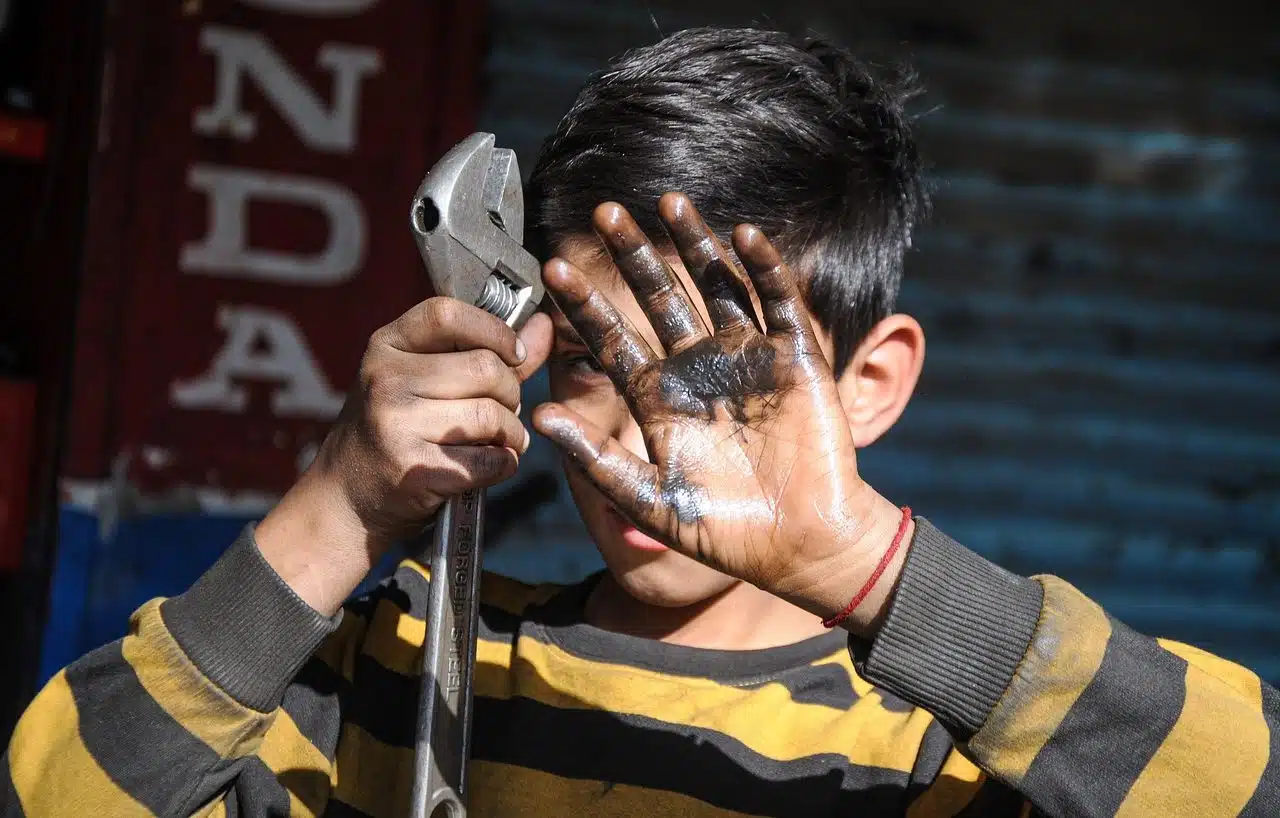
Labor exploitation subjects workers to unfair and dangerous conditions.
Labor exploitation is the practice of employing workers in conditions that violate their rights, with a minimum wage and, in many cases, excessive working hours and unhealthy working conditions. Over the centuries, labor exploitation has taken various forms, from forced labor in ancient times to modern production chains and today's globalized economy.
In the 19th century, during the Industrial Revolution , factory workers were often subjected to inhumane conditions, with endless work hours and miserable wages. The fight for labor rights and laws that protect workers through unions emerged back then. However, labor exploitation did not disappear completely but evolved along with the economy.
In the era of globalization , pressure for efficiency and cost reduction has led to questionable practices in international supply chains, where workers in developing countries are often exploited. Additionally, the gig economy and increasing job insecurity have raised new concerns about the exploitation of workers in the digital economy .
Causes of Labor Exploitation
Labor exploitation is a complex problem that is caused by a series of interrelated factors, both economic, social and legal. These factors often converge to perpetuate situations of injustice that many describe as “modern slavery ,” and understanding them is essential to addressing this global challenge.
Firstly, economic factors play a fundamental role in labor exploitation. Globalization and neoliberalism have driven competition in the global market, leading to pressure on companies to reduce costs. This often results in poor working conditions and low wages.
Offshoring and free zones are examples of strategies used by companies to take advantage of cheap labor in other countries, where labor regulations are more lax. Job insecurity and underemployment are also consequences of a highly competitive labor market, which leads to the vulnerability of people seeking employment.
Social factors also play an important role in labor exploitation. Migration flows often target migrant workers who seek job opportunities in new horizons. Employment discrimination and socioeconomic inequality perpetuate the problem, as certain groups of workers face more unfavorable conditions due to ingrained prejudices in society. Child and youth labor is another manifestation of this problem, where children and young people are forced to work in dangerous conditions and with minimal wages.
Finally, legal factors or lack thereof contribute to labor exploitation. The absence of labor regulation or legislation in some countries allows employers to evade responsibilities and exploit their workers without fear of significant sanctions. When there is no effective labor inspection, this problem worsens, since abusive practices go unpunished.

The mining sector is one of the most vulnerable to labor exploitation.
Vulnerable Sectors
Labor exploitation is not limited to a single sector of the economy, but can be found in several, affecting certain groups of workers especially intensely. Next, we will examine some of the most vulnerable: intensive agriculture, mining, the garment industry and informal employment.
Intensive agriculture is a sector in which labor exploitation is unfortunately common. The demand for cheap labor and the need to keep costs low in food production have led to precarious working conditions for agricultural workers. Many of them face long work hours, exposure to toxic chemicals and a lack of workplace protection. In many cases, agricultural workers are migrants who lack economic stability and basic rights.
The mining industry is known for its danger, but it is also a sector where labor exploitation is often prevalent. Mine workers, particularly those working in illegal or unregulated mines, are exposed to extremely risky conditions and often receive low wages. The situation is even more alarming in countries where mining is a major source of income and regulation is scarce.
The garment industry is a sector where labor exploitation has received significant attention. The pressure to produce clothing at low costs has led to outsourcing and often exploitation of people in sweatshops. Many of them are young women and migrants who face long work hours, low wages and deplorable conditions.
Informal employment is a sector where labor exploitation can easily go unnoticed. Informal workers lack formal employment contracts and legal protections. This leaves them in a vulnerable situation where they are prone to unpaid wages, unhealthy conditions and unjustified dismissals.
Consumer Awareness
Labor exploitation is a systemic problem that often manifests itself in the production of consumer goods. Consumers play a critical role in fighting this form of injustice, and making informed decisions can make a significant difference in the lives of workers around the world. By choosing ethical products and supporting awareness campaigns, consumers can become true agents of change.
Choosing ethical products involves making consumer decisions that are based on ethical and social considerations, in addition to purely economic ones. Consumers can opt for offers that are the result of fair labor practices that respect human rights . This includes looking for products with certifications that guarantee adequate working conditions, fair wages and respect for the environment.

Child labor is a terrible form of labor exploitation and slavery.
Fair Trade is an example of a certification that identifies products that meet ethical standards. These often come from developing communities and ensure that workers receive a fair wage. Additionally, many organizations and companies are committed to fair labor practices and sustainability.
Consumer awareness not only involves making individual decisions, but also supporting and participating in awareness campaigns about labor exploitation. These are intended to inform society about unacceptable working conditions and mobilize people to demand change. Social media and non-governmental organizations often play a key role in disseminating information and mobilizing public opinion.
Boycott campaigns against companies that use questionable labor practices or that have been associated with labor exploitation can also put pressure on companies to improve their standards. In this way, consumers can stop supporting them while spreading a message of justice to the rest of society.
